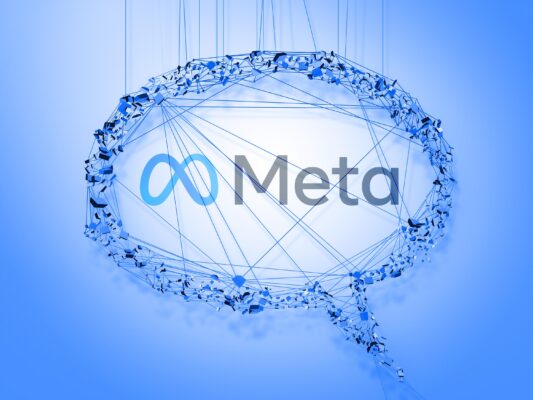
Large Language Models (LLMs) have taken over the tech industry by a wave in the last few years. These language models have been trained on a vast amount of data capable of performing various tasks. These tasks range from summarizing text and writing essays or poems to generating AI art prompts. One prime example of such LLMs is OpenAI’s ChatGPT, which has overtaken the literary world. To the unversed, ChatGPT is a dialogue-based AI chatbot that can have conversations with users, answer questions, solve mathematical queries and much more. The AI race is gearing up quickly in the form of chatbots with various chatbot AIs popping up on the internet.
Interesting Fact: Right now a chatbot AI named ‘Gita GPT‘ is making waves in India where users can ask the AI questions and receive answers in the context of the Holy Bhagwad Geeta.
As the AI war heats up a key player in the tech industry i.e. Meta has stepped in and released a large language model for researchers.
Meta steps in the AI race

Meta Platforms Inc recently revealed that it’s releasing a new large language model to researchers. The model, titled ‘LLaMA’ is intended to help scientists and engineers explore the application of AI such as answering questions and summarizing documents. The new model has been developed by Meta’s Fundamental AI Research (FAIR) team which was established nearly a decade back in September 2013.
LLaMA is not ChatGPT or Bing Search alternative, which means it is not a system that users can hop on and have conversations with. Rather, it is a research tool which Meta believes will democratize access to AI in a fast-changing field. In simple terms, LLaMA has been made public to help experts dish out problems with AI language models in general. In recent times, there have been reports about Microsoft’s Bing search AI giving passive-aggressive and factually incorrect responses. LLaMA has been publicised to help solve issues like those.
Meta announced its new language model in a blog post writing – “We believe the entire AI community — academic researchers, civil society, policymakers, and industry — must work together to develop clear guidelines around responsible AI in general and responsible large language models in particular, given their centrality in many downstream language applications. A much broader segment of the AI community needs access to these models in order to conduct reproducible research and collectively drive the field forward.”

